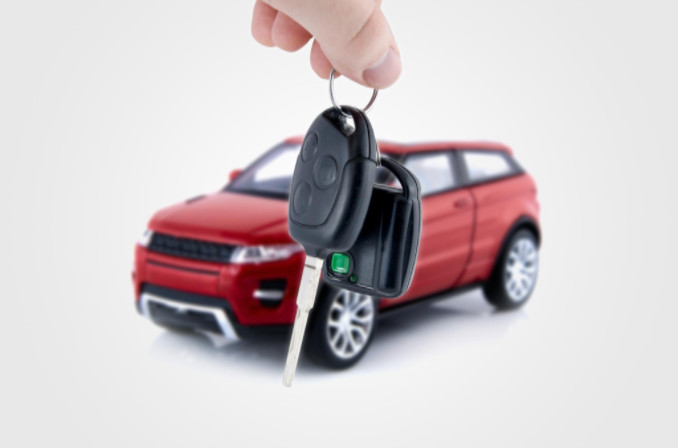Having this valuable information can help you negotiate for a better deal at the dealership…

Whether you’re looking to buy or sell a used car, you’re going to hear many different terms. You’ll need to learn what goes into determining the price of a used car in order to understand how to negotiate the best price for yourself too.
This guide will help you when you’re buying or selling a used car.
Terminology
Dealer Retail Price
The used car dealer will want to sell the vehicle at the highest possible price. It’s the price listed on the buying guide or on the windshield in bright numbers. The retail price isn’t the last price that a dealer will take. It’s often the starting point for negotiations.
It’s also a higher price than a person would receive on a trade-in to the dealership. The dealer has to be able to make a profit on the vehicle to keep their lot open.
Asking Price
The dealer retail price is about the same as the dealer asking price. It’s the price at the beginning of negotiations. A private seller will often list their asking price when selling a used car.
You can certainly ask a private seller if they are willing to negotiate. Some private sellers will tell you in their advertisements if they’re willing to negotiate. It’ll have the price and the words “or best offer” or just “OBO” after them. This means they are willing to discuss the final selling price.
Blue Book Value
When someone mentions the blue book value of the car, they are referring to the Kelley Blue Book value. This site offers a list of cars based on model, year and condition as well as trade-in prices.
While some people believe KBB is a price set in stone, it’s only a pricing guide. Consumer Reports, the National Automobile Dealers Association and VMR have pricing guides too. When you check several of these sources, you can pin down a more accurate price for a vehicle.
Trade-In Price
Dealers will often take an older used vehicle when you’re purchasing a vehicle from them. The trade-in price is negotiable and is based on what the dealer would like to pay, not the price he’d get for it when selling.
How Used Cars Are Priced
Model and Year
An older car will be worth less than a newer car depending on the model of the vehicle. In some cases, it’ll be based on the reputation of the vehicle. For instance, an old 1999 Jaguar might sell for more than a 2003 Ford. It depends on the value a person places on the type of model vehicle. Some car models like Nissan and Toyota hold their value longer than other models of the same year and condition.
Condition
The condition of the vehicle has a direct impact on the price of the vehicle, too. If the car’s engine has been cared for over the years, it’ll be in better shape than a vehicle that didn’t have regular maintenance. A banged-up car that was in an accident won’t be worth as much as a vehicle with no dents or accident history.
Mileage
The mileage on a car is important to its value too. High mileage can mean that the car is coming to the end of its natural life. Most cars put on 10,000 miles per year, so high mileage would be considered more than that per year for the life of the vehicle.
When you’re trading in your old car or purchasing a new-to-you used car, you should be aware of the terminology involved as well as how the dealer comes to his or her decisions regarding the price of the trade-in and the used car. Make sure you’re being an informed car buyer by learning how to find the value of the car, and how to negotiate on price.